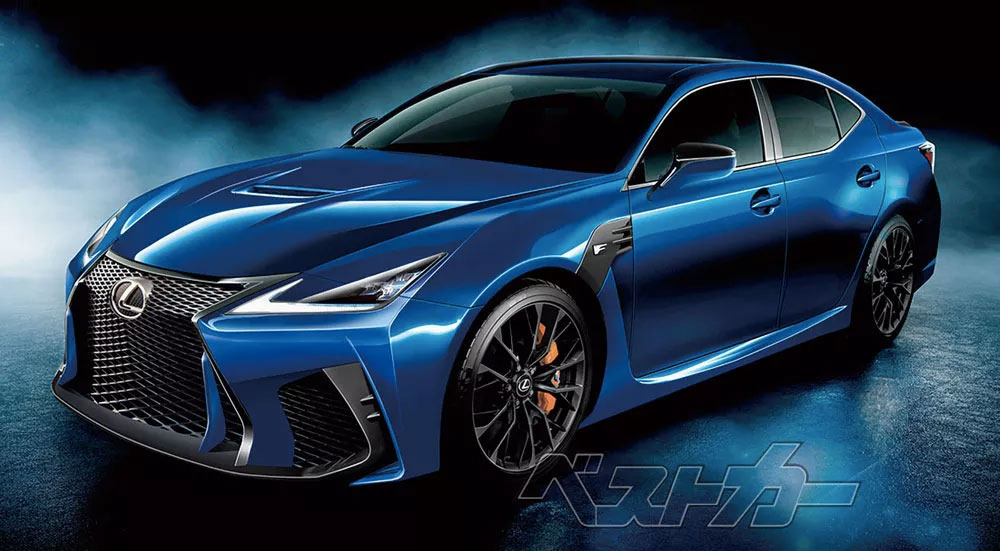The Australian website Driving Enthusiast is claiming the next-generation Lexus IS sedan will be available with the 3.5L twin-turbo V6 engine from the LS flagship:
The rumoured 2020 Lexus IS 400 isn’t set to be a full-cream performance model by F division, but more of a sub-performance version by its F Sport sector. It’s believed it will feature a range of performance-inspired features, such as large wheels hiding big brakes, sports suspension, and the usual F Sport treatment for the interior.
As for that engine. Lexus introduced its first turbocharged petrol engine, codenamed ‘V35A-FTS’, with the LS 500. The 3.5-litre twin-turbo unit essentially comes in to replace the naturally aspirated 3.5-litre V6.
Let’s just be upfront — this news is coming from an unsubstantiated source, there’s nothing to back up these facts. However, the V35A-FTS twin-turbo V6 makes perfect sense in the next-generation IS sedan.
That said, 416 horsepower seems excessive in the standard model, and Lexus has yet offer serious performance upgrades with their F SPORT models. If the rumor is correct and the TTV6 is not meant for the next-generation IS F, then what powers that car?
(We could stack rumors on top of each other, and suggest a detuned version of the much-hyped twin-turbo 600-horsepower V8 for the IS F. Also, the image above was a rendering of the next-gen GS F and unrelated to the IS at all.)


Comments